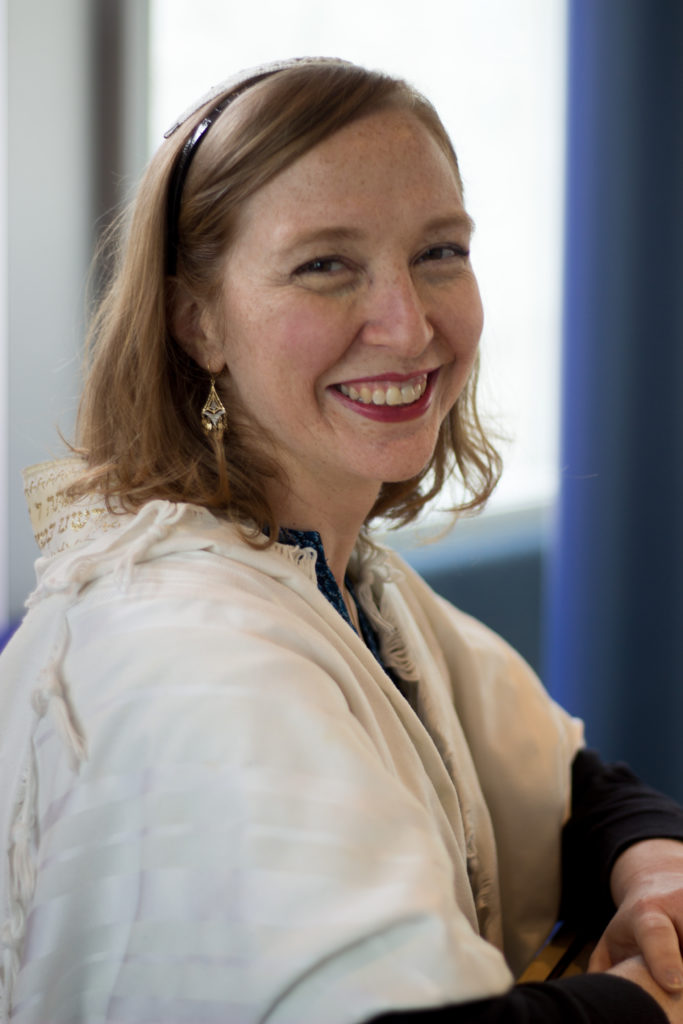Once, I participated in pouring the Sukkot water offering. Let me explain. When the Temple in Jerusalem still stood, Jewish pilgrims came from all over the Near East to participate in all-night Sukkot celebrations, culminating with the morning sacrifice. During Sukkot, a specially added sacrifice of water drawn from the springs of Shiloach would be poured by one of the Cohanim, the priests, on the altar. The celebration was called Simchat Beit Hashoeva, the celebration of the drawing of the water.
Sukkot is already the most physical of our holidays: carrying lulav and etrog, building and even sleeping in sukkot in our yards or on our balconies, making weather contingency plans. More than any other holiday, we participate in the actual physical actions of ancient times instead of re-enacting them through food or recitations.
The Sukkot ritual that’s totally absent from contemporary Sukkot observance is the water offering. I hadn’t heard about the water offering, not being a close reader of the Sukkah chapter of the Mishna at the time. Yet, 15 years ago or so, I found myself in a processional at Elat Chayyim Jewish Retreat Center surrounded by timbrels, singing, drumming, and dancing. We drew water from the lake and poured it reverently and with recitations and music. It was like this tiny tear in time had opened enough for me to peek through into an ancient practice I didn’t even realize was there. It was so joyful.
What is this water pouring all about? Sukkot inaugurates the rainy season in Israel when rain levels determine spring harvests. Why the celebration before the rainy season has even revealed itself to us?
It seems clear to me, from a ritual perspective, that water pouring intends to inaugurate greater water for all of Israel, a performance of what we hope to come. However, I think it’s maybe one step deeper into ourselves. No, we don’t know what the season will bring. It feels to me that the water pouring is like living, as though we are sure there will be plenty of water to come.
We are enacting a faith in something we can’t possibly be sure of. Because we want to be the kind of people who believe that abundance is coming, that surety is coming, that the Divine flow will be generous. We want to be the kind of people who live as though all will be well. It’s not naivete; this approach knows anything could go wrong, yet chooses to live without fear. There’s deep joy in that.
The Mishna explains that during Simchat Beit HaShoeva, young Cohanim in training would climb the lampposts and pour the oil, and light the lamps of the inner courtyards. It says,
“There was no courtyard in all of Jerusalem that wasn’t lit up with the light of Beit HaShoeva” (Mishna Sukkah 5:3).
That kind of joy of believing in your heart that abundance is possible is so powerful that it can radiate out to every home and every courtyard.

Rabbi Julia Appel is Clal’s Senior Director of Innovation, helping Jewish professionals and lay leaders revitalize their communities by serving their people better. She is passionate about creating Jewish community that meets the challenges of the 21st century – in which Jewish identity is a choice, not an obligation. Her writing has been featured in such publications as The Forward, The Globe and Mail, and The Canadian Jewish News, among others.

